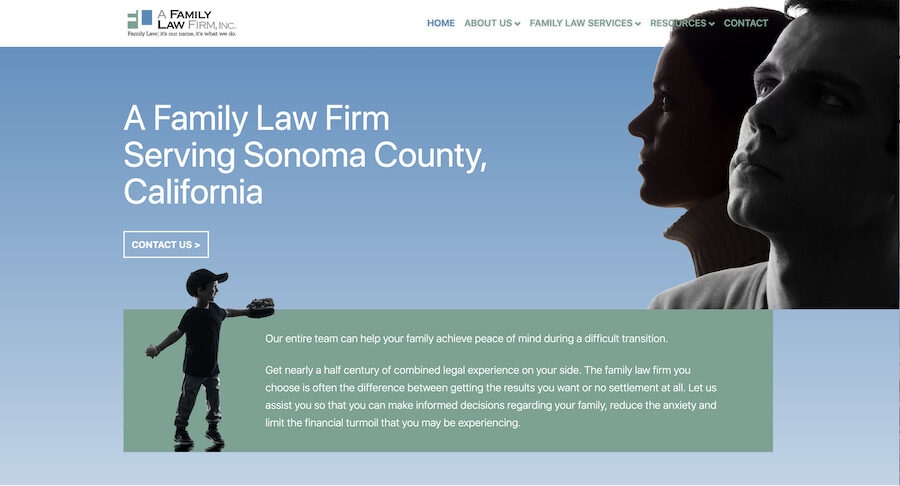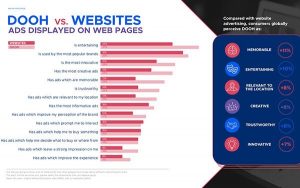
Isn’t it exciting to build a new website? Picking the colours, designing your logo, getting the home page looking just right. I totally understand why entrepreneurs get caught up in how their website looks – that’s the fun part!
The trouble is how your website looks is only half the battle. And to be honest, it’s not even the most important half. Looking nice is great, but performing well should be your ultimate goal for your website.
To perform well, you need a website content strategy that will actually reach, connect with and convert potential customers.
To do this, you need to use good search engine optimization, or SEO, which is the process of attracting organic, free traffic from search engines like Google. Ultimately, you can have the most beautiful website in the world, but if search engines can’t find you, potential customers never will.
Get SEO right, and you’ll have a steady stream of high-quality traffic to your website. Get it wrong, and people won’t even know you exist.
It’s almost impossible to overstate the importance of good SEO. Thankfully, even though it may sound complicated, you can actually use SEO as a guide to help create a website content strategy that will make your website better and lead to more business.
In the following article, we’ll explore how you can leverage the power of SEO to build a website for your target market. Let’s jump in.
SEO & Your Website Content Strategy
Small business owners tend to wear a lot of hats. They have big dreams and lots of goals. While that may be great for their business, it can make it difficult for them to narrow down their unique selling position (making it one of the first things we nail down in our strategy consulting sessions).
So many of the small business owners I work with struggle with encapsulating their business in a few simple key phrases. But Internet users are a flighty bunch. You need to grab their attention in 3 seconds of landing on your website (literally), or you risk them bouncing off your page, never to be seen again.
Any good website content strategy, then, will rely on short, pithy headlines, especially on the homepage (learn more about writing the perfect, SEO homepage headline here).

We used good SEO to help our clients A Family Law Firm write a compelling headline for their website homepage.
How does SEO help you write the best possible headlines? It’s easy! Well – sort of. It’s easy if you understand how to do keyword research.
To do good keyword research, you first need to take stock of your own website, using Google Analytics. What keywords are bringing people to your site? Which pages on your website lead to conversions? Where are people coming from?
Next, take a look at your competition to get a picture of the competitive keyword landscape. Who shows up in Google when you do a search for your services or products?
After you understand this information, you make a list of long-tail keywords. Think phrases instead of one-word searches. Unless you’ve got an outsized budget (and even then), you’re probably not going to rank well for something as generic as ‘dogs,’ for example. But maybe you have a shot at ‘are dogs ticklish on their paws.’ You get the idea.
Getting a good keyword list should be your first priority when building your website because it will inform the rest of your website content strategy. Then, when you’re writing headlines, especially on the homepage, you can use your keywords to help focus your content.
So let’s say you’ve identified ‘small dog breeders in Abbotsford, BC’ as your long-tail keyword. Boom! There’s your short, pithy headline.
This is why you need to think of SEO as more than just one more troublesome thing you need to do. When used properly, it can be one of your most important tools for helping you flesh out a smart website for your target audience.
Use SEO to Build Your Website For Your Target Market
Let’s assume you’ve done your research to develop a solid list of high-volume, low-competition keywords that will help you dominate the local search rankings.
And let’s assume you’ve done all the SEO essentials like using proper title tags, using proper H1 and H2 tags, and optimizing for Google’s core web vitals and local search traffic.
That’s it, right? That’s all you need for an SEO website?
Wrong. That’s because search engines are always on the lookout for fresh and relevant content. They’re always hungry for new content, and if you want to rank, it’s your job to feed them, with regular, quality content.
That’s why adding new content to a website, especially as a value-adding blog post, is essential for every website. By writing a blog, you’re inexpensively creating new content for the search engines to index.

We practice what we preach and write weekly SEO articles on our blog.
Not only that, your blog is a great way to showcase your expertise and/or products, demonstrate your authority in your field, and connect with your audience on a regular basis.
Again, I understand why many of the small business owners who come to me have struggled with coming up with blog ideas.
And again, here is where your SEO strategy can help inform your website content – because that comprehensive list of high-volume, low-competition keywords can also be your blog topic list!
Google will reward you if you use your blog to share original, substantial and/or insightful analysis or information. Combine that search engine optimized content with a killer keyword list, and you’ve got a match made in a digital marketer’s heaven.
Digital & Social Articles on Business 2 Community
(19)









